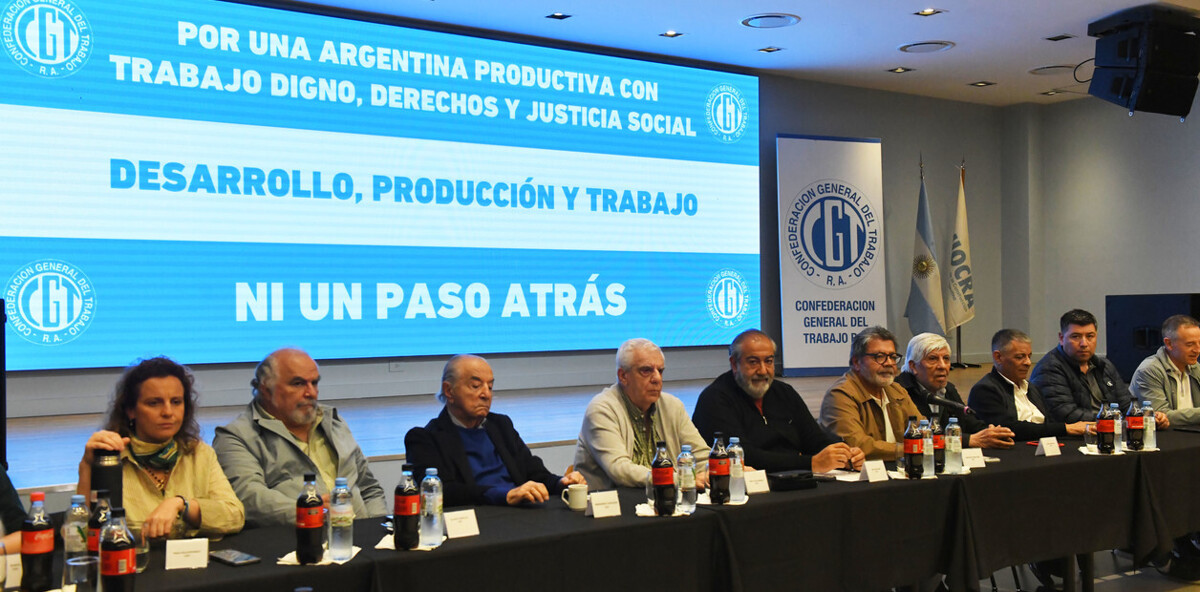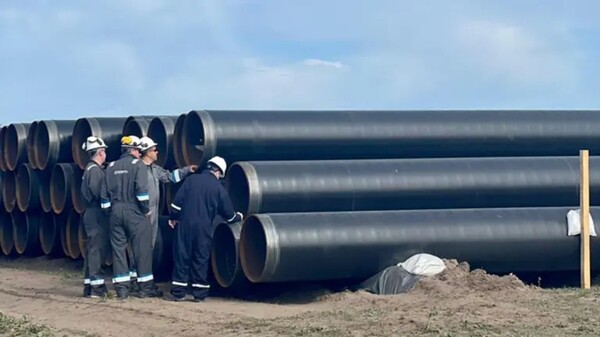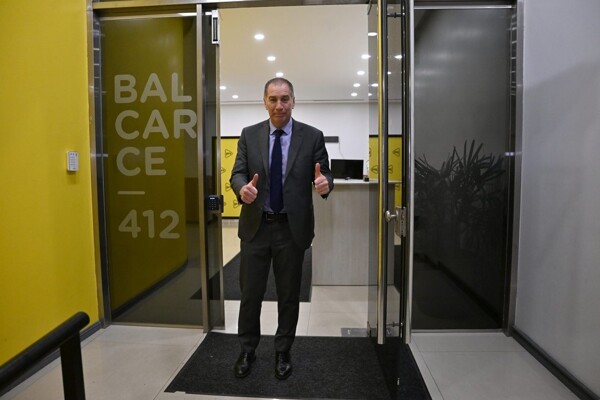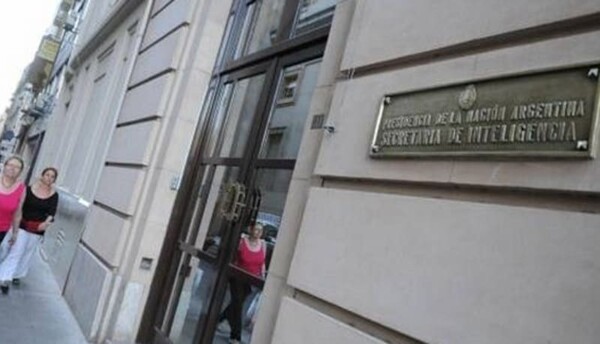
Buenos Aires, November 5, 2025 – Total News Agency-TNA –. The General Confederation of Labour (CGT), Argentina's main trade union central, is set to renew its leadership at a national congress being held today at the headquarters of Obras Sanitarias, in a context of growing internal tensions and external pressures stemming from the government's labor deregulation agenda pushed by Javier Milei.
The congress, beginning at 9 AM with delegate accreditation, is poised to be a landmark for worker unity, although fractures between factions could complicate negotiations for deep changes in labor regulations, which the Executive branch seeks to implement after the failed attempt with Decree of Necessity and Urgency 70 of 2024, currently stalled in the courts by an action from the CGT itself.
The congress's focus is on the election of a new triumvirate to lead the entity, a format that has solidified in recent years due to the absence of a unifying leader capable of bringing together the various union sectors. Sources close to the deliberations indicate that two of the positions already have broad consensus: Cristian Jerónimo, 49, with an extensive career in the Glassworkers' Union, and Jorge Sola, current Press and Communications Secretary of the CGT, promoted by the CGT's "heavyweights" sector and representing the Insurance Union.
The third spot in the triumvirate generates more controversy and symbolizes the power struggles within the central. Hugo Moyano, leader of the Truckers' Union and one of the heavyweights of Argentine unionism, exerts relentless pressure to keep Octavio Argüello, also from his union, in the post.
In a fragmented union movement—with the CTA and other parallel spaces—the CGT is not just choosing names, but a direction to counter the official onslaught. Its continued presence is justified by the need to preserve the influence of the hard-line unions at the top, especially in a scenario where the CGT must face a labor reform that could cut acquired rights, such as severance pay or strike restrictions.
Although the negotiations were not without a dramatic exit: the Barrionuevo block was absent from the meeting at UOCRA, annoyed by the candidacy of Jerónimo, whom they resist due to his past alignment with Moyanoism. Barrionuevo's absence from the congress seems almost certain, and the participation of UTA delegates is in doubt, although La Fraternidad may attend to secure a seat in the Youth Secretariat, held by one of Maturano's sons.
This fracture is no minor issue: the Barrionuevo faction lacks the 32 allies needed to compete in the Board of Directors, where each secretariat must be covered by a different union.














